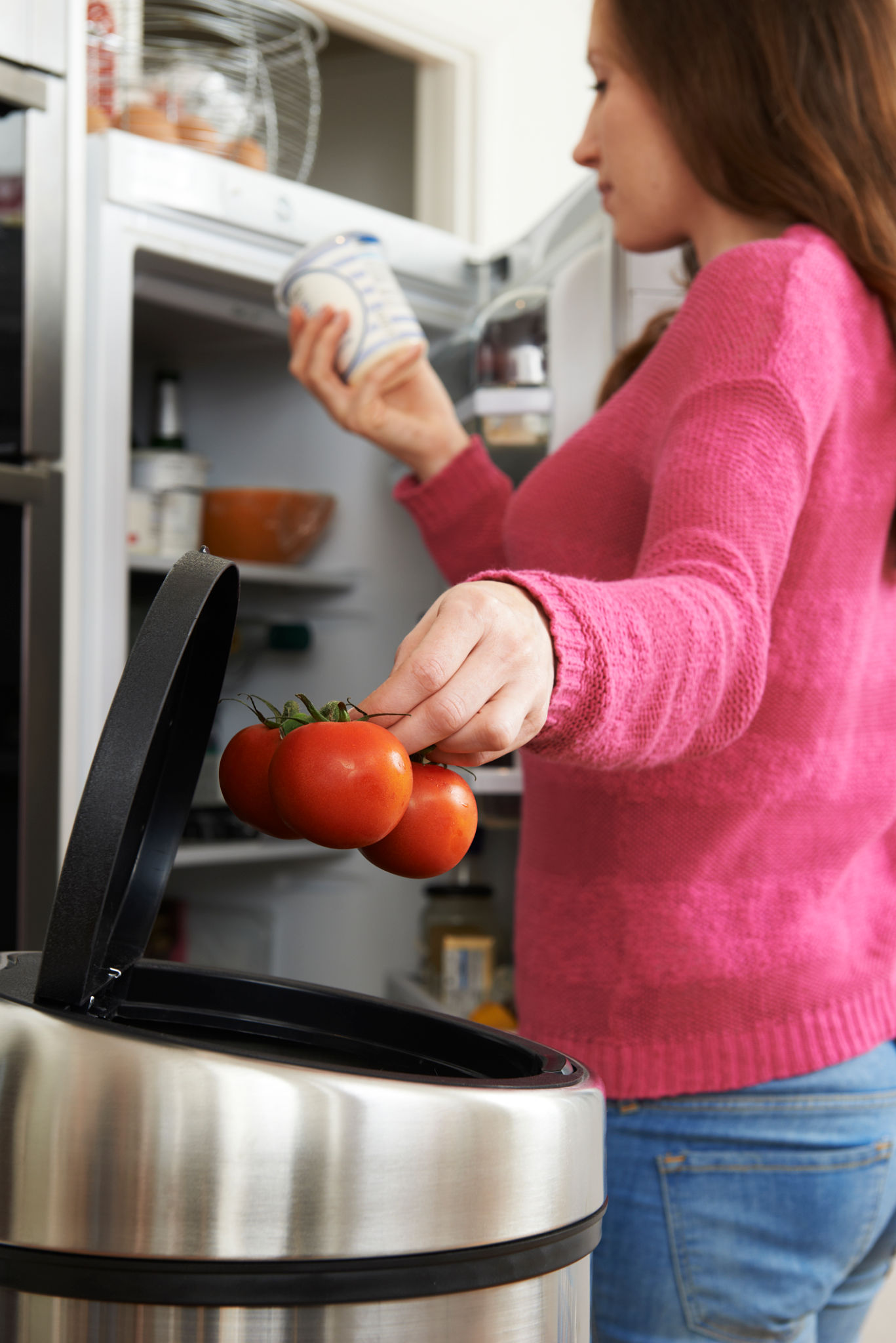Supermarket Sweep
The Grocery Store Illusion: How America's Supermarkets Became the Most Successful Scam in Modern History
By Candace Goodman | The Good Blog
“Every time you walk into a grocery store, you step into a perfectly orchestrated illusion — one designed not to nourish, but to manipulate.”
It’s a routine so familiar it’s nearly sacred: the weekly trip to the grocery store.
You glide your cart down wide aisles, past polished apples and neatly stacked boxes of “natural” snacks. You believe you're choosing what to eat.
But in reality, you’re not choosing. You’re being played.
What’s presented to you as convenience and variety is a tightly controlled spectacle — the end product of lobbying, legal loopholes, psychological trickery, and corporate backdoor deals. America’s food system is not broken. It’s working exactly as designed — for the corporations that built it.
This is not just a story about overpriced cereal and mislabeled expiration dates.
This is a story about collusion, corruption, and control.

The Supermarket's Dirty Origins
The modern grocery store was born out of the Great Depression and World War II — not as a public good, but as a commercial experiment in mass manipulation.
In 1916, a man named Clarence Saunders opened the first Piggly Wiggly in Memphis, Tennessee — the first true self-service store. He quickly realized something powerful: if customers did the work themselves, companies could control their choices without them noticing.
After WWII, as America embraced consumerism, grocery stores exploded. But with growth came power consolidation — and with it, the first major lies about food.

Who’s Really Choosing Your Food?
Behind the curated aisles and glossy labels are a handful of companies making the decisions.
Today, ten corporations control nearly 80% of the packaged food supply in the United States. They include:
- Nestlé
- PepsiCo
- Kraft Heinz
- Mondelez
- Unilever
- General Mills
But they don’t just make the food — they control the real estate where it’s sold.
Through a little-known but wildly lucrative practice called slotting fees, these corporations pay retailers massive sums— sometimes upwards of $250,000 per product — just to place their items on shelves.
Dr. Phil Howard, food systems researcher at Michigan State University, calls slotting fees "commercial censorship," noting:
“It’s not the best food that makes it onto shelves. It’s the richest brand.”
In 2003, the FTC launched a quiet investigation into slotting fees, citing possible antitrust violations and barriers to market entry for small food producers. The results? Buried. The practice continues virtually unchecked, shaping America’s diet from behind the scenes.

The Great Expiration Date Deception
You’ve probably tossed out milk, eggs, or produce based on “use by” or “best by” dates — but here's the scandal: these dates are mostly made up.
According to a bombshell 2013 report from Harvard Law School and the Natural Resources Defense Council, there is no federal regulation for food expiration dates (except for infant formula). That means manufacturers — not scientists, not regulators — decide when your food “goes bad.”
“Expiration dates are designed for liability protection and sales turnover, not food safety,” explains Emily Broad Leib, director of Harvard’s Food Law and Policy Clinic. “It’s legal food fraud on a national scale.”
This deception leads to $161 billion in food waste annually, while consumers, especially in low-income households, are pressured into repurchasing unnecessarily — a hidden tax on the uninformed.

How Grocery Chains Skirt Accountability
You’d think such massive influence would come with regulatory oversight.
Think again.
Most major grocery chains — Kroger, Walmart, Albertsons, Publix — claim they merely “provide space” for products. In court, they’ve repeatedly argued that they are not liable for mislabeling, shelf-life manipulation, or false advertising, because those decisions are made by suppliers.
Yet behind closed doors, retailers control placement, pricing, and even marketing language through contractual power. When lawsuits do come, they’re often quietly settled.
Take the case of O’Brien v. Whole Foods (2017), in which customers sued the chain for misleading organic labels and artificial product sourcing. The case settled confidentially, but internal documents leaked during the suit revealed Whole Foods had knowledge of inaccurate labeling — and left it unchanged.
The same pattern played out in a 2015 Trader Joe’s class-action suit over the use of synthetic ingredients in "all-natural" products. Again — settled, sealed, and silenced.

It’s Not a Store. It’s a Lab. And You’re the Experiment.
From the scent pumped into the bakery aisle to the product placement that puts sugary cereals at toddler-eye-level, the modern supermarket is a carefully calibrated behavioral experiment.
Design psychologists and neuromarketing firms are hired by retailers to exploit human instincts:
- Red and yellow are used to stimulate hunger and urgency.
- Milk and eggs are placed in the far back to force you past processed goods.
- Bright produce lighting isn’t just for visibility — it makes fruits appear fresher than they are.
- Everything is curated to slow you down, confuse your logic, and increase cart value.
According to Michael Moss, Pulitzer Prize–winning author of Salt Sugar Fat,
“The grocery industry has adopted many of the same tools as casinos. They sell dopamine, not food.”

So Who’s Trying to Fix It?
Some are fighting back.
Harvard’s Food Law and Policy Clinic continues to push for federal reform on expiration dates, aiming to implement a standardized, scientific system.
Cooperatives and independent grocers like Rainbow Grocery in San Francisco or Greensgrow Farms in Philadelphia refuse to accept slotting fees, prioritizing local suppliers.
Startups like Label Insight and BalanceAI are developing consumer tools to scan and expose true food sourcing and corporate ownership in real time.
But the war for your cart is far from over — and the public remains largely unaware.
The Scandal Behind Every Shelf
It’s not that your food is fake.
It’s that your choices are.
You were told you could choose between brands. But behind the scenes, those brands are coordinated. Their shelf positions are bought. Their labels are scripted. And the grocery stores that sell them are part of the same machine that pretends to protect you.
There is no such thing as “neutral” shopping.
There are only systems designed to direct your choices, and very few of them have your health — or your wallet — in mind.
Candace Goodman, reporting for The Good Blog, leaves you with one final question:
If your food — your most essential need — has been hijacked… what else in your life is just another illusion?